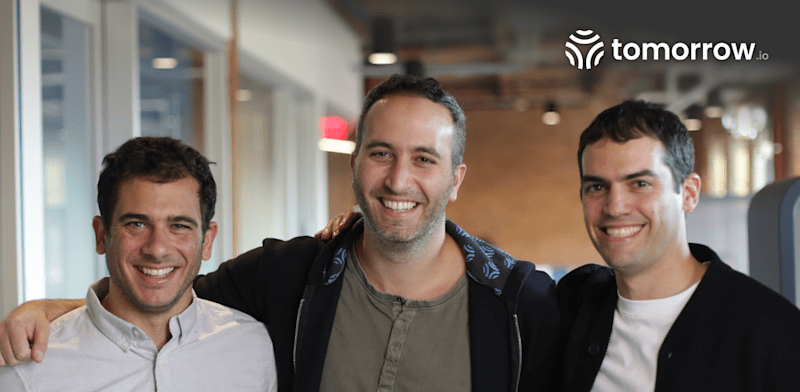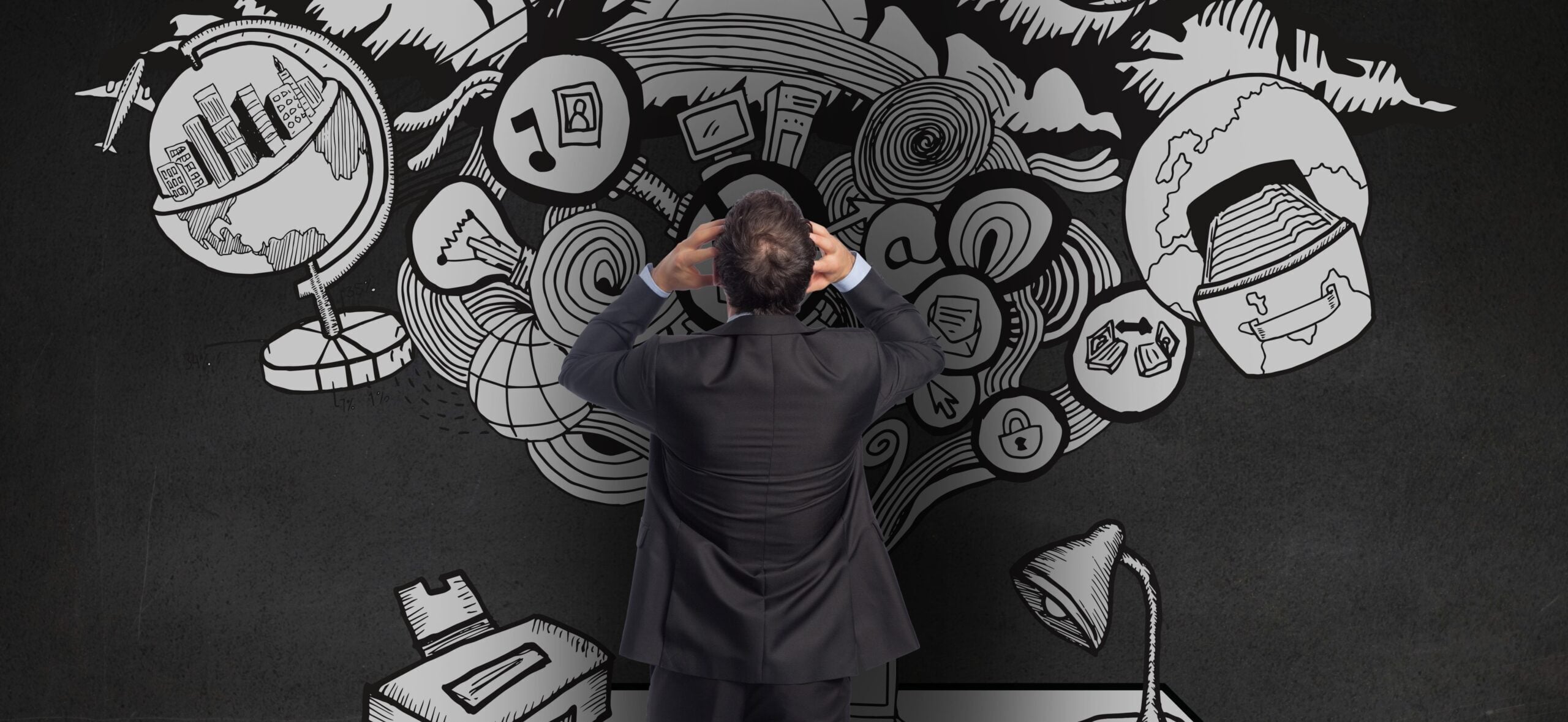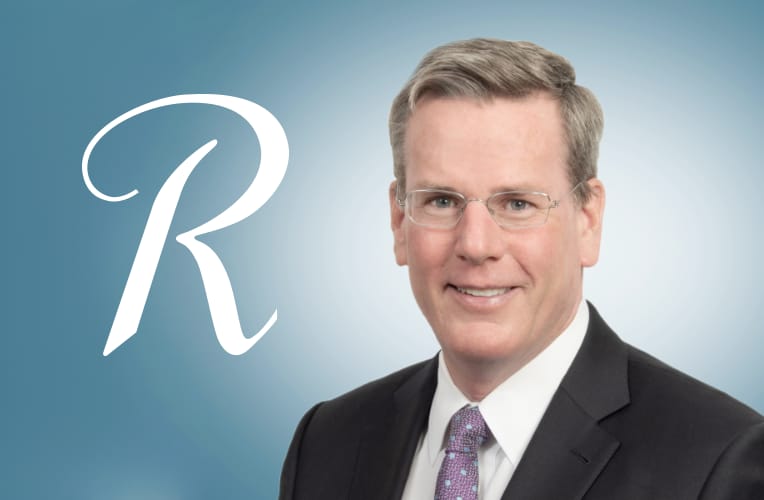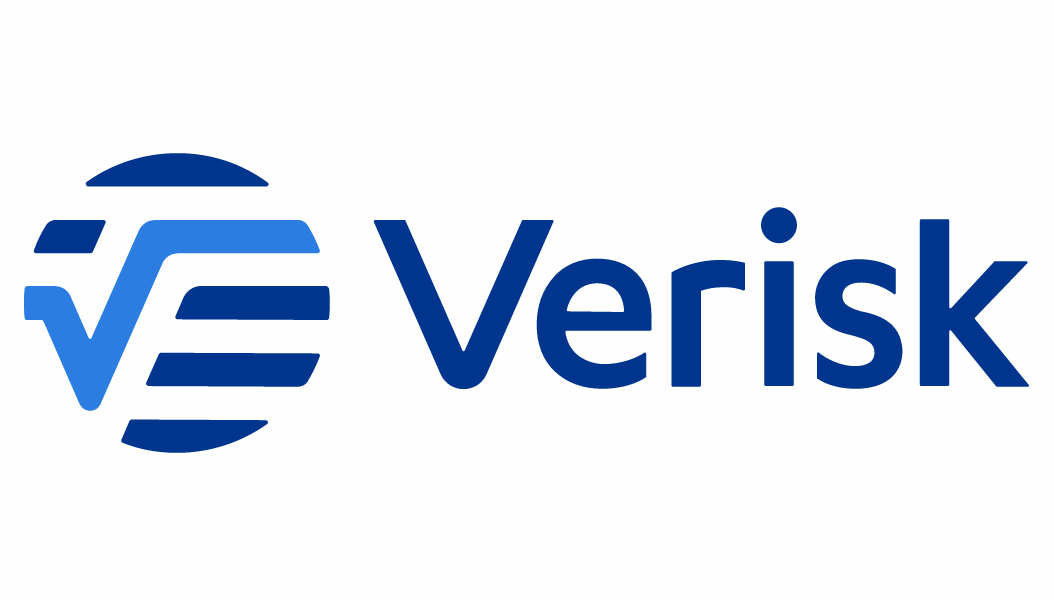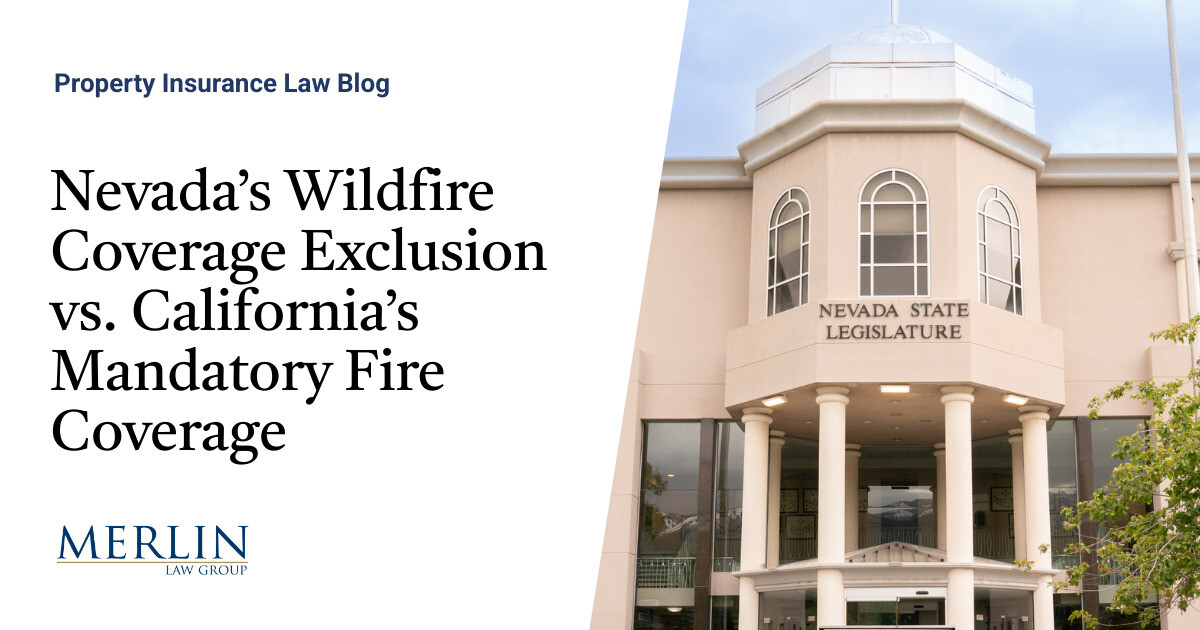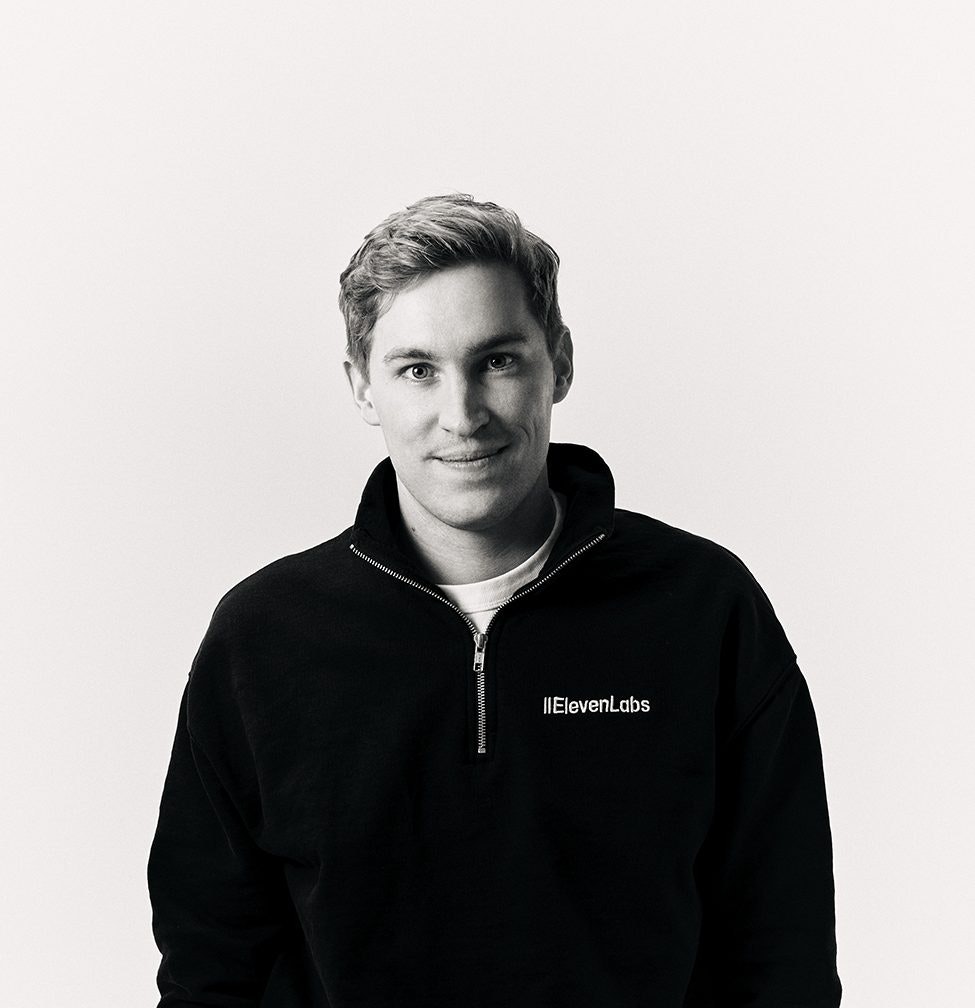So-called social media is frequently maligned for the nastiness it brings, with focus often set on the personal attacks and trolling that tend to haunt potentially reasonable discussions. X (formerly Twitter) is supposedly the worst, on which people engage in endless mudslinging and bullying. However, the other platforms are not better.
The common explanation for the degenerative nature of social media discourse is that the platforms are developed to maximize “engagement,” which prefers emotional outbursts over reflective, rational discourse. Indeed, social media is designed to bring out the very worst in people. They are for-profit psyops that push or nudge people to scream louder and viciously attack each other.
There is some truth to the engagement argument, but the social media problem is much deeper than greed taking advantage of advanced technology. Social media is a symptom, not a cause. The reason it “works” this way is because society has embraced democracy as ideology.
Democracy as a System of Government
The system of government that most people today take for granted is usually said to have its historical origin in the ancient city-state of Athens. Our contemporary democracies are, of course, a far cry from the ancient democracies in both substance and structure. In modern times, democracy finds its tentative beginnings in the abolition of the divine right of kings and the dawn of human rights circumscribing the powers of the state, perhaps starting with the Glorious Revolution in 1688–89. Thus, the powers of the monarch were restricted and balanced by that of parliaments, typically consisting of the nobility.
The Enlightenment idea of classical liberalism further eroded the centralized power of the state by shifting focus to individual rights and to democracy as a government by popular vote. In the typical form of contemporary democracy, most of the citizens subjected to the state’s fiat are allowed to vote for representatives that, as members of a parliament, govern society through legislation enforced by the state’s apparatus of force.
Liberal democracy is often understood as a government by popular vote in which the power of the majority is restricted from haphazardly oppressing minorities through adherence to some set of “universal” human rights. Furthermore, the state is limited to some version of the rule of law, which typically prescribes universal rules that apply equally to all the subjects of the state. However, modern democracy has evolved quite a bit from this rather republican ideal of liberal democracy.
Democracy as Ideology
Modern democratic societies, and especially Western welfare states, have adopted the democratic ideal of “one man, one vote” far beyond the realms of equal influence over the appointment of representatives in government. This evolution is based on misrepresenting, misapplying, and extrapolating from the classical liberal principle of egalitarianism. Instead of the equal rights of individuals, democracy as religion adopts egalitarianism as a necessity and ideal.
In other words, rather than citizens being equal under the law, the state is used to produce equal outcomes for every citizen. The rationale, whether stated or not, is that each person has equal worth and thus must have equal wealth and equal happiness. As a result, whoever is richer or happier than another causes—as a result of this fact—an inequality and has thus, the “logic” goes, deprived those less fortunate of what they have less of.
Formal democracy—the system of government—provides the envious masses with the tools to take what they believe they deserve. The religion of democracy justifies their envy.
Democracy as religion does not only apply to material wealth but is a framework for reinterpreting all individual/human rights from what was originally formulated by the classical liberals. Consequently, equality of opportunity means equality of outcomes because if it is not, then the opportunities cannot have been equal. Similarly, the equal right to speak one’s mind—freedom of speech—means the equality of people’s opinions, regardless of how ill founded.
The Social Media Problem
Now let us apply the religion of democracy and its egalitarian ideal onto the social media phenomenon. In a world in which every person’s opinion is of equal value and where anyone can enter any discussion, as is the case in social media, conversations become shouting matches that lack structure and direction. They also become vacuous and empty of insight as every word spoken—or every post added—is of equal worth: the fool’s emotional outburst and an expert’s commentary are on par.
Equal value of opinion means discourse is ultimately judged by the quantity, not quality, of posts. Whoever posts more—or whatever view is most frequently represented—“wins” the argument. It becomes a democracy of beliefs where the minority views are done away with and discarded.
In social media, therefore, whoever has the greater following has more power and influence—but only to the extent that the following is vocal and willing to “engage” to “win.” In other words, those ideas with greater emotional buy-in, with clearer demarcation of who is a threat or enemy, and with eviler enemies get more posts—hence the urgency to call anyone a racist or fascist because who is not against racism and fascism?
Similarly, whoever attempts constructive discourse in social media—especially when expressing ideas not already widely shared or understood—attracts loud detractors. This greatly undermines the so-called marketplace of ideas by undoing its proper selection mechanism and subjecting it to “democracy”: mob rule replaces rational discourse.
To put this in a different way, learning is about changing one’s mind on something, specifically by exposure to (and potential adoption of) better and more well-thought-out explanations and ideas. Providing proper education is about communicating knowledge or understanding to those who have not yet acquired them.
Learning, consequently, is a matter of quality, not quantity. This applies also outside of formal education: those who have already learned something new, especially advanced knowledge, will always be a minority compared to those who have not. This minority will also to a greater extent express doubt and resist portraying views as black or white because those who have spent time and effort to understand the depths of some issue are also typically aware of the nuances and uncertainties of this issue.
In social media, there is no added value to knowing, to expressing oneself carefully, or in being reflective. Rather, this makes you a suitable victim of the mob, who will win by virtue of their greater number. As a result, there is growing resentment and hostility to experts, real or not, for merely being experts. Whoever can be identified as one becomes a target.
However, none of this is the fault of social media, whether as a phenomenon, business model, or technology. Social media does not cause but merely capitalizes on the state of affairs in contemporary society. The reason social media works the way it does—the reason it is both nasty and popular—is the degenerative cultural effect of democracy, the universal ideology of our time.









